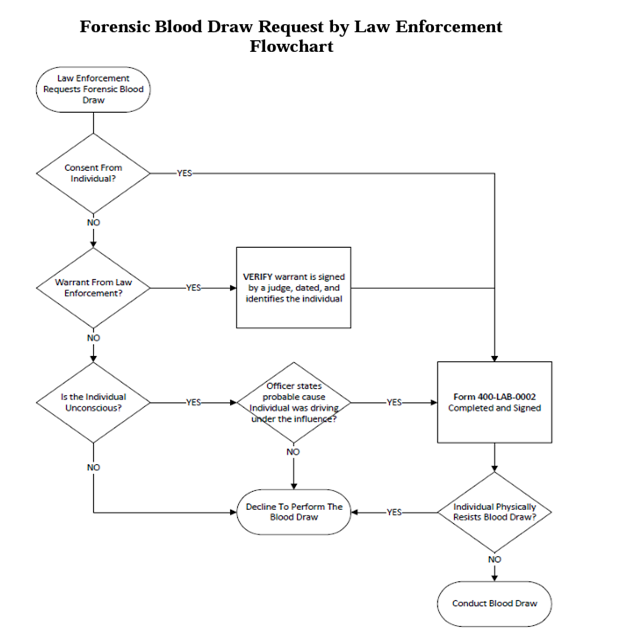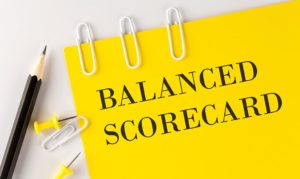Share:
Police blood request: to draw or not to draw?
You are working in your department when the charge nurse notifies you of a patient being admitted after a motor vehicle accident. The driver (your patient), passenger and the other vehicle’s driver were injured. A law enforcement officer is at the bedside during admission and requests a blood draw as part of the investigation for driving under the influence.
Consider these scenarios:
- Can you draw the blood per the officer’s request if the patient is alert and oriented but does not consent to the draw?
- Should you restrain a patient to draw their blood if requested by police?
- Can you draw blood if the patient is unconscious from their injury and the officer has probable cause?
- Can you draw the blood if the patient is alert and oriented, refuses the draw, and the officer has a properly executed warrant for the blood draw?
What would you do? What Asante resources do you have to guide you?
As health care professionals, our first responsibility is to our patients. This obligation remains the primary focus when a patient is involved in a criminal investigation. Requests for forensic blood draws can present challenging situations for staff, and may present moral, ethical and legal considerations as well.
The Asante Forensic Blood Draw Request by Law Enforcement policy #400-PCS-NURS-0006![]() was recently revised to provide clear decision-making guidance for clinical care providers.
was recently revised to provide clear decision-making guidance for clinical care providers.
Safety is a priority
If the patient physically resists the forensic blood draw, or if the patient’s or staff’s safety is otherwise at risk, do not restrain a patient to perform a forensic blood draw.
A forensic blood draw may be taken only if at least one of the following conditions is met:
- The patient consents to the blood draw.
- The patient is unconscious, and the officer has probable cause.
- The officer presents a warrant for the blood draw. Proper warrants are dated, include the patient’s name and are signed by a judge.
If one of these conditions is not met, then the blood draw cannot take place. There are no other circumstances under which a blood draw may be performed at the request of a law enforcement officer.
What about urine collection? Unless the patient consents, Asante policy prohibits catheterization to obtain a urine specimen requested by law enforcement.
Only trained individuals — generally phlebotomy and some nursing staff — may perform forensic blood draws. Refer to the Asante policy![]() to review the procedural steps. In the moment, questions can be escalated through the house supervisor for support.
to review the procedural steps. In the moment, questions can be escalated through the house supervisor for support.

If you have a question, please contact the author or relevant department directly.




1 Comment. Leave new
Recently a member of my family was taken by police officers to Providence hospital for a blood draw. Absolutely he should be made to do it. If your loved one was hit by a presumed drunk driver, and the right of the presumed drunk driver was considered a priority over my injured or dead loved one, then our system is completely messed up. When do victim rights take priority over the presumed perpetrator?